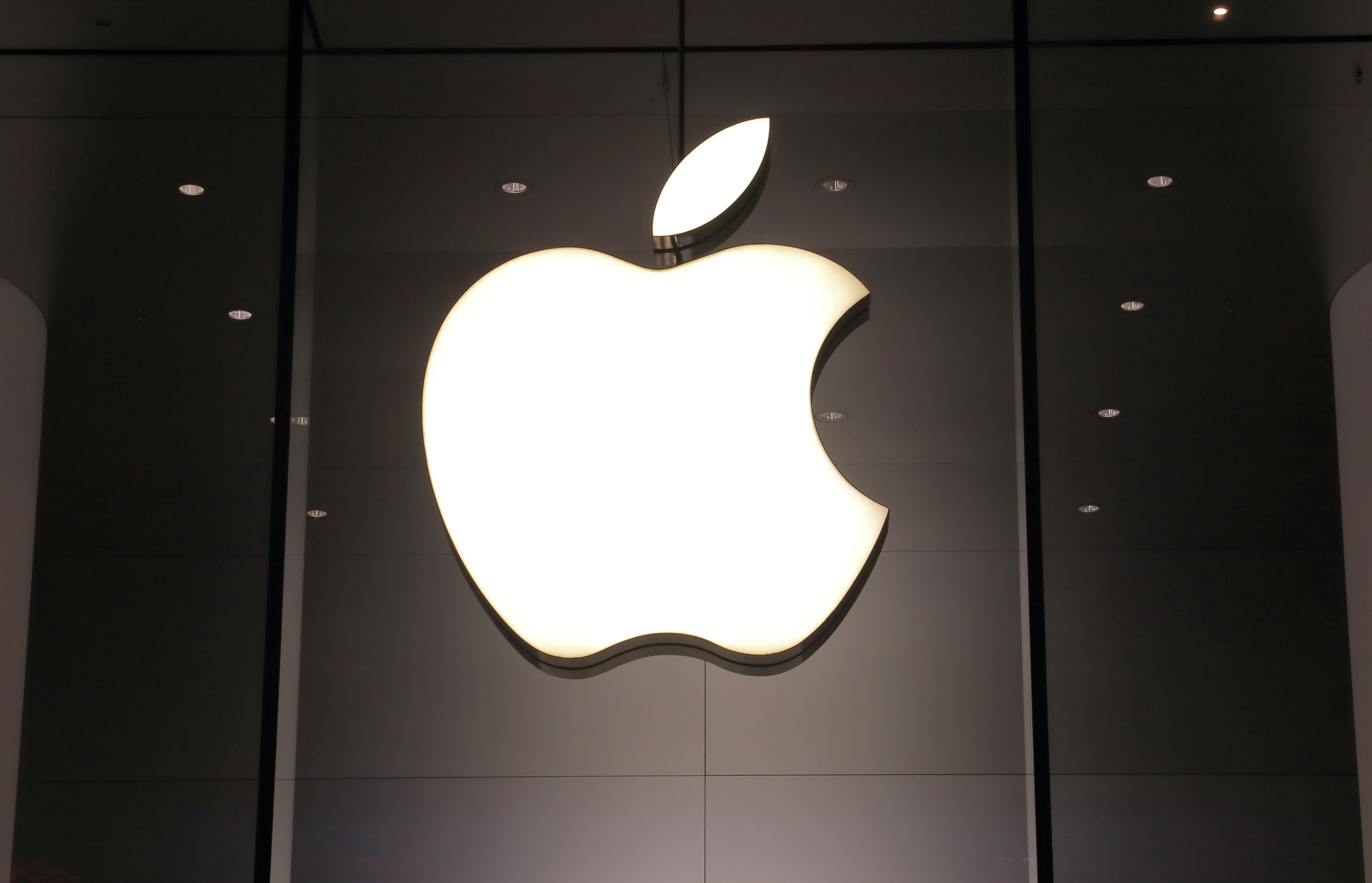I promised myself that I wouldn't write about Apple's augmented/virtual reality device until such a device actually existed outside of unverified leaks and unfounded rumors, but here I am. The rumor mill is certain that this year is the year the upcoming Worldwide Developers Conference in June will bring a concrete announcement of Apple's foray into the XR space.
While it's tempting to ignore the talk, and maybe even wise to do so, the fact remains that Apple will inevitably announce some kind of AR/VR device, whether it's at WWDC23 or further down the line.
If Apple is going to announce its AR/VR device at WWDC23, the timing would make sense: the company would need to engage with its historically robust development community to truly build a platform of apps that makes the device worthwhile. This would also track with the rumors that the first generation of the Apple headset will be prohibitively expensive for the average consumer, instead geared entirely towards encouraging developers to engage with hardware and ecosystem and help build new software and experiences for the more affordable second generation in the future.
Rumors suggest that this device will be a mixed-reality headset, potentially with a belt-clip battery pack and a $3,000 price tag, but regardless of the specs, the question remains: Will this be another iPhone moment? Will Apple be able to define another industry and make it synonymous with its brand and ideals? There's no doubt that the market is ready for a watershed moment. While we've gotten glimpses of what is possible with VR and AR with the Oculus and Hololens headsets, we haven't had a singular device that puts all the pieces together and creates something compelling.
Whether or not Apple decides to take advantage of it, the company is uniquely positioned to seize control of the market and revolutionize XR technology forever. No other company has a commitment to compelling industrial design and equally well-designed user interfaces. Apple has spent years building a robust ecosystem of technology, developers, and apps, giving the company a significant head start for building out a comprehensive user experience when it launches a dedicated AR/VR device. It is interesting to note that the iPhone app store was an afterthought, not released until the iPhone 3G. Yet it is the apps that really make the iPhone such a huge part of our daily lives. Apple won’t make that mistake again. Everything that other companies have had to build from scratch—platforms for fitness, gaming, and more—Apple has already contended with, conquered, and in some cases, perfected.
Another concern for the average user is privacy and security, especially as cameras and biometric sensors are being added to XR devices. For example, for AR to provide the context of what you are looking at, it will need cameras and AI to process everything you are looking at. This opens up a huge can of worms around privacy, but that is a post for another day. Apple's reputation isn't spotless in this regard, but they've recently shown a commitment to protecting the data of their users, and they certainly have a better track record of doing so than Meta.
A purely technical consideration that Apple could tackle is the processor-heavy nature of these devices. The company's latest lineup of chips blows away the competition—meaning that any AR/VR headset should be able to provide far and away a better experience. VR is inherently experiential, and the ability to render complex scenes with quality on par with reality is the holy grail of many developers. Apple M1/M2 chips are not only extremely powerful but also very power-efficient, making them the perfect fit for AR/VR headsets.
All of these factors together mean that Apple is poised to create the AR/VR device, much as they created the smartphone over fifteen years ago. It's also entirely possible that they won't. WWDC23 could come and go without so much as a hint about their plans in this regard. Still, they check every box needed for a breakthrough AR/VR developer, and their presence in the industry (or lack thereof) is becoming unignorable.
We have already witnessed the power of VR in collaboration and AR's unique capabilities in areas such as manufacturing, healthcare, and remote support. Apple isn't going to change the basest benefits of either of these technologies: an Apple XR device, no matter its specific rumored features or drawbacks, represents a paradigm shift for the industry as a whole.
In justifying the price point for the iPhone, Steve Jobs was famous for saying, "It's an iPod, a phone, and an internet communicator." highlighting the then radical versatility of their designs. AR/VR is destined for a similar convergence. Similarly, I wouldn't be surprised to see Tim Cook come out and announce the new AR/VR device with "It's a VR device, it's an AR device, it's an iPad, and a Mac."
If it doesn't, it will become Blackberry of this story, and another company will ascend to the place Apple once held.










